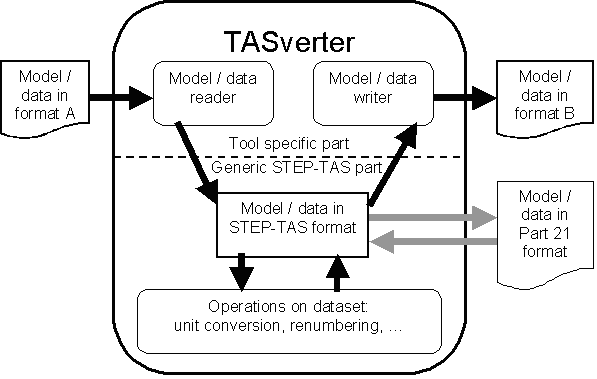
Figure 1: General data conversion flow with TASverter
|
|
|
TASverter converts a model from one format to another format with a STEP-TAS dataset or repository as internal intermediate storage. The TASverter design is based around two types of modules:
This release of TASverter contains modules for reading and writing Model data, but future releases of TASverter will also offer modules for reading and writing results data. A reader module processes the source model (or results data) and converts it into an internal STEP-TAS representation. A writer module takes the internal form and converts it into the specific tool format required by the destination model. If necessary, unit conversion and node renumbering can be applied during reading or writing. The general data flow that TASverter performs during conversion is shown below.

Figure 1: General data conversion flow with TASverter
TASverter is written in Python and its main modules can be divided into two basic categories:
Reader modules are currently available for the following data formats ("Format A" in the figure above):
Writer modules are currently available for the following data formats ("Format B" in the figure above):
Models can also be read and written using the "internal" STEP-TAS format: the so-called Part 21 format. However, users should be aware that although every effort is being made to freeze individual areas of the STEP-TAS protocol when that area of functionality is released, these Part 21 files should not be used for the long term archiving of model data until the complete STEP-TAS protocol is finally frozen.
The conversion between THERMICA and ESARAD is currently limited to the geometrical definitions with thermal node meshing and thermo-optical properties. Future releases will extend this to include the mission definitions and kinematics. The links to the following sections provide more information about what is actually supported in the ESARAD and THERMICA models, and about the formats currently handled by TASverter.
ESATAN and SINDA thermal mathematical models are not currently handled, although future releases of TASverter are planned to address these formats.
|
|
|